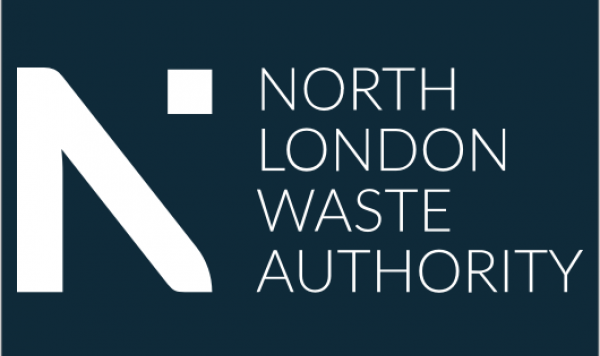North London Waste Authority (NLWA) is urging engagement in four government consultations to ensure the long-term potential for extending producer responsibility and putting consumers at the heart of the recycling agenda is not missed.
The proposals launched for consultation today (18 February) include extending producer responsibility for packaging by reforming the packaging regulations, introducing a deposit return scheme (DRS) on drinks containers, introducing more consistency in household recycling arrangements, and placing a tax on plastics that don’t contain a minimum amount of recycled content.
Commenting on the proposals Councillor Clyde Loakes, Chair of the North London Waste Authority said: “Now, more than ever, residents are looking at the bigger picture. They tell us that the system doesn’t make sense – why can’t they just look at a piece of packaging to see how to dispose of it, and why is it council tax payers rather than producers who have to meet so many costs of dealing with packaging?
“The four consultations launched this morning, and announced in the Resources and Waste Strategy at the end of last year, could help us to put consumer experience at the heart of all decisions regarding resource management. On deposit return our own modelling supports the work carried out by Defra, and suggests that a DRS which covers a wider range of materials and captures a wider range of drinks containers for recycling will have far more benefits than a scheme which is limited in scope and has a lower level of capture. To put this into context an ‘all-in’ DRS gives a central Net Present Value of £2.1 billion according to the consultation document, whilst a scheme which only covers drinks containers consumed ‘on-the-go’ gives a central Net Present Value of £249 million. DRS schemes operate effectively in many other countries, increasing recycling rates and improving the quality of recycling, so we should seize this opportunity to make a real difference.”
Other consultations announced today include proposals for making recycling collections more consistent across the country and reforming the packaging regulations so that producers will put money towards local authority recycling collection systems. NLWA fully supports these proposals. Councillor Loakes added: “For too long the packaging recycling obligations which businesses must adhere to have resulted in a system where it is not easy to see how the income from recycling is being invested. The proposals for reform will rightly make the system more transparent, and will ensure that those placing packaging on the market work more closely with the local authorities who have to collect and recycle it. On household waste collections, it is important to ensure residents have systems that work for them and are easy to understand. NLWA’s recycling contracts cover a wide range of material, to maximise opportunities for recycling residents’ waste. But the Government needs to be careful not to impose uniformity only for the sake of uniformity.
Finally, the Treasury is also launching a consultation today which proposes that producers that make plastic products without a minimum amount of recycled material in them will have to pay a tax on those products. Councillor Loakes commented:
“Mandating minimum recycled content is key to driving demand for recycled material.”
NLWA wants to see consistency and clarity of messaging whenever information is provided to consumers to encourage greater levels of recycling. Some of these initiatives could definitely help achieve this, such as reform of the packaging regulations and extending the ‘polluter pays’ principle, but it’s essential that drivers for consistency don’t go too far and mandate uniformity where the costs outweigh the benefits. Councillor Loakes concluded: “Overall, we welcome these consultations, they provide us with a real opportunity to shape our approach to recycling and provide a better system with consumers at its heart. It is essential that positive proposals to protect resources for future generations are not watered down in taking measures forward after consultation.”
ENDS
Notes to editors:
- The North London Waste Authority (NLWA) was established in 1986 and is the waste disposal authority for Barnet, Camden, Enfield, Hackney, Haringey, Islington and Waltham Forest. Its primary function is to arrange the transport and disposal of waste collected by these boroughs. NLWA is the second largest waste disposal authority in the country.
- For more information, please contact Hannah Paten, Communications Manager, on 020 8489 4360 or hannah.paten@nlwa.gov.uk
- Defra, Introducing a Deposit Return Scheme (DRS) in England, Wales and Northern Ireland: https://consult.defra.gov.uk/environment/introducing-a-deposit-return-scheme/
- Defra, Consultation on Consistency in Household and Business Recycling Collections in England: https://consult.defra.gov.uk/environmental-quality/consultation-on-consistency-in-household-and-busin/
- Defra, Consultation on reforming the UK packaging producer responsibility system: https://consult.defra.gov.uk/environmental-quality/consultation-on-reforming-the-uk-packaging-produce/
- HMT, Plastic Packaging Tax: https://consult.defra.gov.uk/environmental-quality/plastic-packaging-tax/




